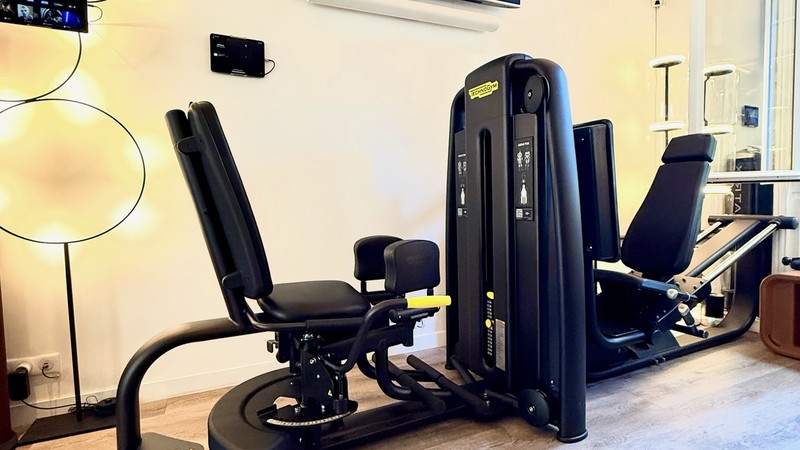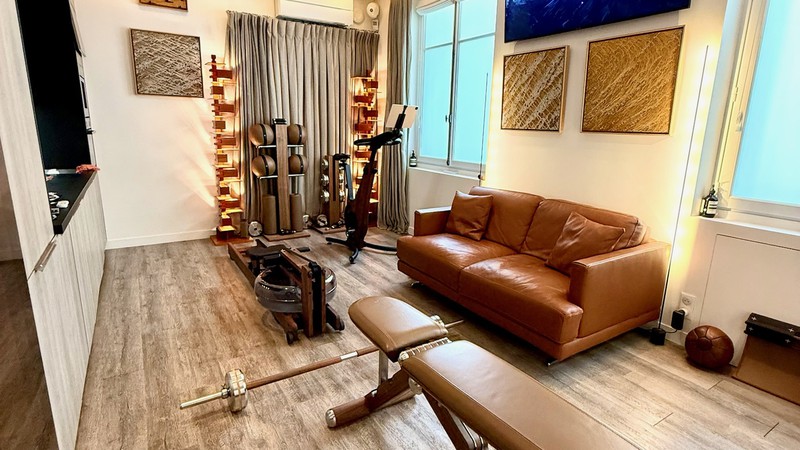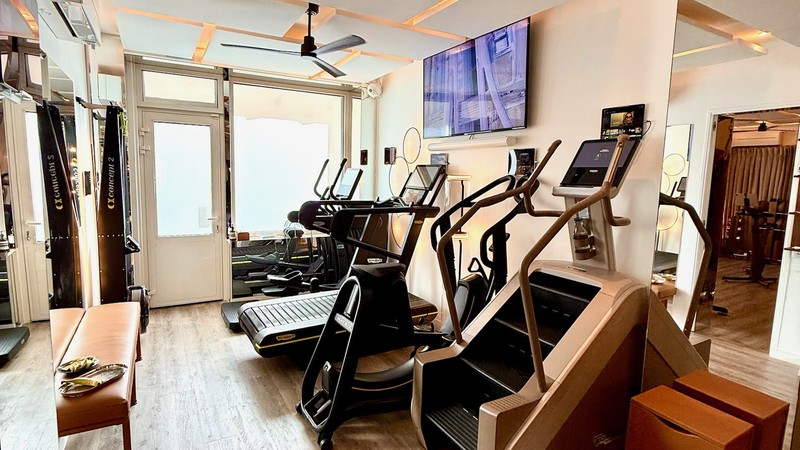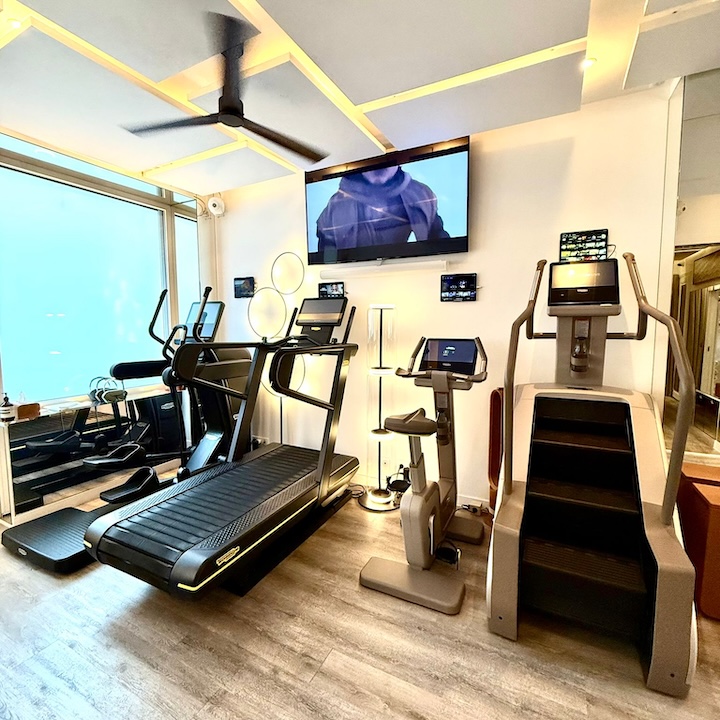Moving for Better Digestion: How Training Supports Your Gut Health
We often associate fitness with muscle tone, cardiovascular health, or stress relief. But one benefit is often overlooked - digestion. And yet, your digestive system is deeply influenced by how (and if) you move.
As a personal trainer in Paris, I regularly witness how tailored physical activity improves gut function, relieves bloating, and even helps with conditions like IBS or slow transit. The connection between movement and digestion is not anecdotal - it's physiological.
1. Why digestion needs movement
Your digestive system relies on peristalsis - the wave-like motion that moves food along your intestines. This movement is partially driven by core and abdominal muscles, your posture, and your breathing.
When you sit too long or remain inactive, this rhythm slows down. The result? Bloating, heaviness, irregularity.
By training regularly - and especially through exercises that activate the core and promote circulation - you stimulate this natural digestive rhythm.

2. What kinds of workouts help the most
Not all training is created equal. While intense workouts can sometimes disrupt digestion if timed poorly, moderate-intensity sessions, functional training, stretching and core work are extremely beneficial.
In my studio, I integrate:
- Mobility work to reduce abdominal tension
- Core training (like incline crunches, rotation work, and planks) to reinforce your abdominal wall
- Cardio tools like the rower or bike to stimulate blood flow and internal movement
- Breathing awareness to support the diaphragm and vagal tone
The result: a body that moves and digests more efficiently.

3. Stress, nervous system, and the gut
The gut and brain are intimately linked - via the vagus nerve and what’s often called the “second brain.”
When you’re stressed, digestion slows. The body shifts energy away from internal organs to prep for action. That’s why chronic stress leads to digestive discomfort.
Well-structured training has the opposite effect. It allows for controlled activation followed by calm, stimulating parasympathetic response — the state your body needs to digest well.
4. Your posture affects your digestion
Poor posture compresses the abdominal cavity, limiting space for digestive movement.
Training helps correct imbalances, open the hips, strengthen the back and core - creating more space and alignment for internal function.
Good posture is not just about standing tall. It’s about letting the body breathe and digest freely.

5. A coach to guide your pace and rhythm
Like digestion, training requires rhythm, balance, and adaptation.
A personal trainer helps you adjust intensity, focus on breathing, and choose the right movements — without pushing the body into stress.
At Louis Fabre Coaching, sessions are designed to support both physical performance and physiological health.
Because strength is not just how much you lift - it's how well your body functions, inside and out.









